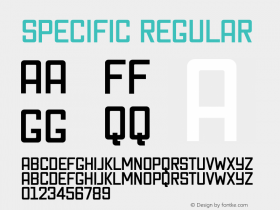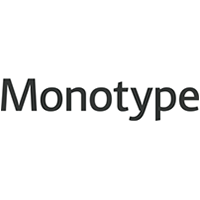
Font and stock image licensing restrictions mean clients often can't just send projects to designers using the site.
Using the newly-launched ever-controversial 99designs, the service lets clients send projects to designers for minor tweaks – for example, changing the job title on a business card or basic photo retouching – for a meagre $15 (around £9.65).
As with its parent, the service has caused some consternation with creatives who feel it's devaluing design work. However, a more practical concern from a client's point-of-view is that they may not be able to use the service legally for the set price if the projects they want tweaked includes commercially licensed stock imagery or fonts – unless the designer they use also owns the image or font.
Representatives from font foundry Monotype – owner of font sales sites Fonts.com and MyFonts – and stock media company Getty Images – which owns iStock – both advise caution about using the service if projects include commercially licensed stock imagery or fonts
"The transfer of digital assets is possibly a potential issue for the new venture," says Jason Harcombe, senior account manager and licensing consultant at Monotype. "Whether that is an image or a font, the simple sending of artwork to a third party could pose a threat to both the creator of the works and [designers contracted by] Swiftly.com themselves."
Double liability
Jason says that if a client sends a project with an unlicensed font to a designer through Swiftly.com and the designer works on that project, both are liable: the client for distributing the font and the designer for using the font without a licence.
"I don't know how Swiftly.com means to overcome this," he continues. "Certainly I'd advise the senders of any artwork to ensure [designers contracted by Swiftly have] a license for the assets they send prior to doing so, as it will be Swiftly's customers who leave themselves open to infringement by shipping fonts to a party without a licence."
Lisa Willmer, senior director, corporate counsel at Getty Images agrees – noting that, while services such as Swiftly might appear to offer a new way of contracting simple design work, the licensing of images is no different than the traditional way of contracting a designer.
For example, the licence for most fonts and stock images mentions a set number of computers you're allowed to have copies of the files on. If this is a single computer – and it often is – you can't give a copy to any third-party design without them or you purchasing additional licences.
"The standard iStock licence is a single-seat licence," she says, "meaning that the raw file should only be present on one computer at a time. So if a customer sends the raw file to the designer – whether that is [through] Swiftly or some other designer – they can't have the raw file present anywhere else."
The Swiftly.com site makes no specific mention of font or image licensing, beyond a general mention that for the transaction to take place a customer must ensure that "the User Content does not violate any third party intellectual property or other rights" in the site's terms-and-conditions.







